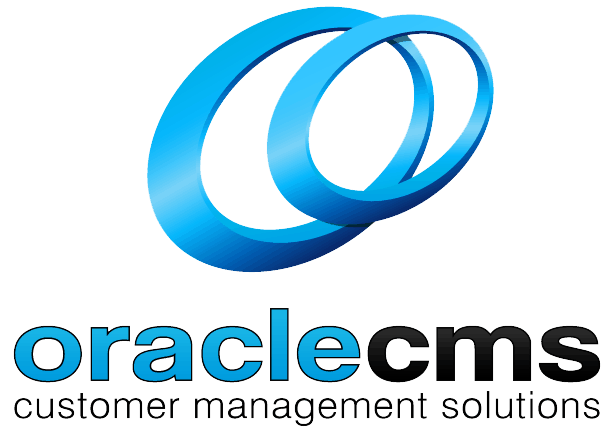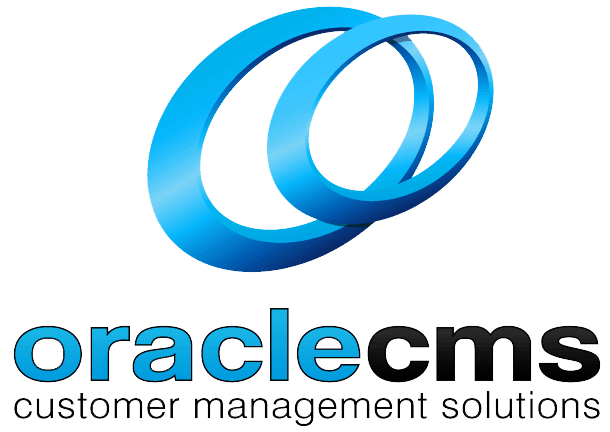
Why One-Size-Fits-All Doesn’t Work for Industry-Specific Phone Answering Services
When every caller is handled the same way, regardless of their industry, the gaps quickly show. A customer in a regulated sector may require urgent and precise action, while another may only need a basic message taken. Giving both the same scripted interaction often results in poor service.
A phone answering service in Australia that isn’t tailored to the client’s sector risks compliance breaches, lost sales, or wasted time for frontline staff. The risk is not only operational but reputational; customers expect the person answering to understand the context of their call.
Understanding Industry-Specific Phone Answering Services
Industry-specific phone answering means agents are trained in the terminology, workflows, and compliance rules of the client’s sector. It also means the service is integrated with the right tools, for example, medical booking platforms, legal case systems, or real estate CRMs. The key difference is relevance: callers don’t have to explain the basics, and agents can provide accurate responses straight away. This speeds up calls, improves accuracy, and fosters trust.
Discovery and Onboarding Checklist
Before going live, a provider should gather detailed operational information. This ensures the service reflects the client’s needs from day one. The onboarding process typically captures:
- Types of calls expected and their priority.
- Approved scripts, greetings, and sign-offs.
- Escalation paths and on-call schedules.
- Integration requirements with existing systems.
- Compliance obligations and disclaimers.
By clarifying these points upfront, the service can be configured to fit the client’s operations without trial-and-error.
Compliance by Industry
Different sectors carry different legal and operational obligations. A tailored service accounts for these from the outset:
- Medical – Australian Privacy Principles, health records security, informed consent for call recording.
- Legal – client confidentiality, correct use of legal terminology, secure data storage.
- Retail and e-commerce – consumer law on returns, secure payment handling, privacy compliance.
- Trades and field services – licence checks where relevant, accurate job recording for insurance.
- Real estate – property advertising regulations, disclosure requirements for inspections.
Training in these areas reduces the risk of compliance breaches.
Script Design and Tone of Voice
Scripts should be flexible enough to adapt to the caller’s intent, while maintaining a consistent tone that matches the client’s brand. A medical caller with an urgent request needs empathy and precision, while a retail caller tracking an order might appreciate brevity. The best scripts blend structure with adaptability, giving agents the freedom to solve problems without straying from compliance or brand guidelines.
Escalation Matrices and Response Times
Clear escalation procedures are essential for urgent or complex calls. This includes defining:
- Priority levels for different types of calls.
- Timeframes for return calls based on urgency.
- Backup contacts if the first contact is unavailable.
This ensures that critical matters are handled promptly and consistently, without confusion or delay.
Integrations That Matter
Industry-specific services often integrate with specialist tools to maintain accuracy and speed. Examples include booking systems for healthcare, property databases for real estate, and job scheduling tools for trades. Integrations should not only allow agents to log data but also to retrieve relevant information in real time, keeping the caller informed without transferring them elsewhere.
After-Hours and Surge Planning
Industries handle out-of-hours demand differently. A legal firm may only take urgent matters after hours, while a trade service might operate 24/7. Surge planning ensures the service adapts during high demand, such as product recalls, storms, or major sales events. This can involve activating overflow teams, adjusting scripts, or adding extra call-back capacity.
Accessibility and Multilingual Coverage
Some sectors need services that cater to non-English speakers or callers with accessibility needs. This could mean having bilingual agents, providing translation services, or adapting scripts for hearing-impaired customers. These measures ensure the service remains inclusive and effective for all callers.
Metrics That Prove Value
Measuring the impact of a tailored service requires industry-relevant metrics, such as:
- First-call resolution rates.
- Call handling time by category.
- Customer satisfaction scores.
- Compliance audit results.
Comparing these metrics before and after implementation highlights the value of industry-specific adjustments.
Quality Assurance and Calibration
Quality checks should be ongoing, with call monitoring and calibration sessions between the provider and client. These sessions align expectations, ensure compliance is maintained, and allow for continuous improvement. The QA process should measure both technical accuracy and the softer skills that affect caller satisfaction.
Knowledge Maintenance Cadence
Industries evolve, and so must the knowledge base. Regular reviews of scripts, escalation procedures, and integration points keep the service aligned with current business needs. Updates might be triggered by new legislation, product launches, or seasonal changes.
Pricing Models and Cost Drivers
Pricing varies depending on factors such as call complexity, integration needs, and compliance requirements. While industry-specific training may cost more initially, the resulting efficiency often offsets this investment through reduced handling time and higher first-call resolution rates.
Risk and Failure Modes
Common pitfalls include outdated scripts, unclear escalation procedures, and untrained backup agents. Spotting these early and addressing them promptly prevents service failures and protects the client’s reputation.
Scenario Walkthroughs
Medical: Caller books a follow-up appointment; agent verifies identity, confirms available slots, and logs notes into the medical system.
Legal: New client requests urgent consultation; agent captures case type, flags confidentiality, and books with a solicitor within 24 hours.
Trades: Emergency plumbing request; agent logs job, dispatches on-call plumber, and confirms ETA with the caller.
FAQ’s
Q1: How long does onboarding take for an industry-specific service?
A1: It varies by sector, but most services can be fully operational within two to four weeks once all operational details are confirmed.
Q2: Can you use our existing scripts and systems?
A2: Yes, provided the systems are accessible and the scripts meet compliance standards.
Q3: What happens if a caller asks for advice you cannot give?
A3: Agents are trained to redirect the enquiry to the appropriate contact or escalate according to the agreed procedures.
Q4: How do you handle peak seasons or campaigns?
A4: Surge planning is built into the service, with additional staff and adjusted workflows to manage higher volumes.
Q5: What’s the minimum commitment period?
A5: This depends on the provider, but many offer flexible contracts with notice periods ranging from one to three months.



